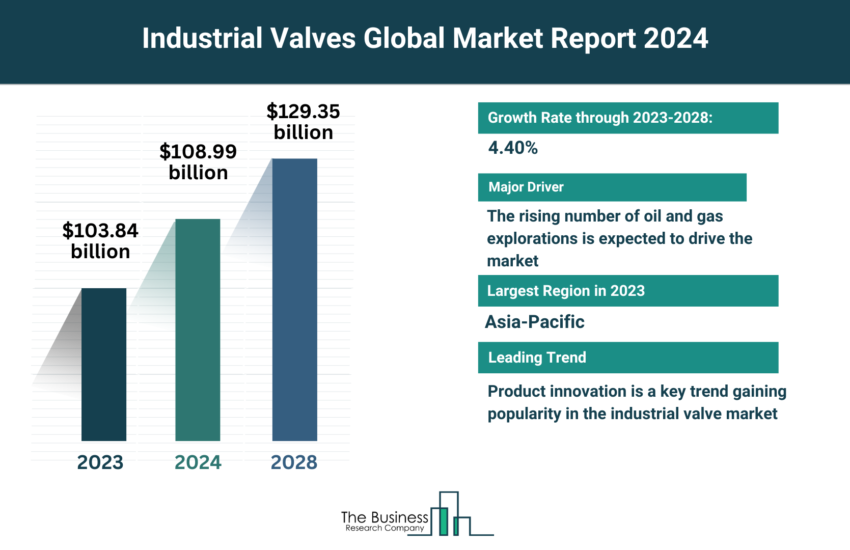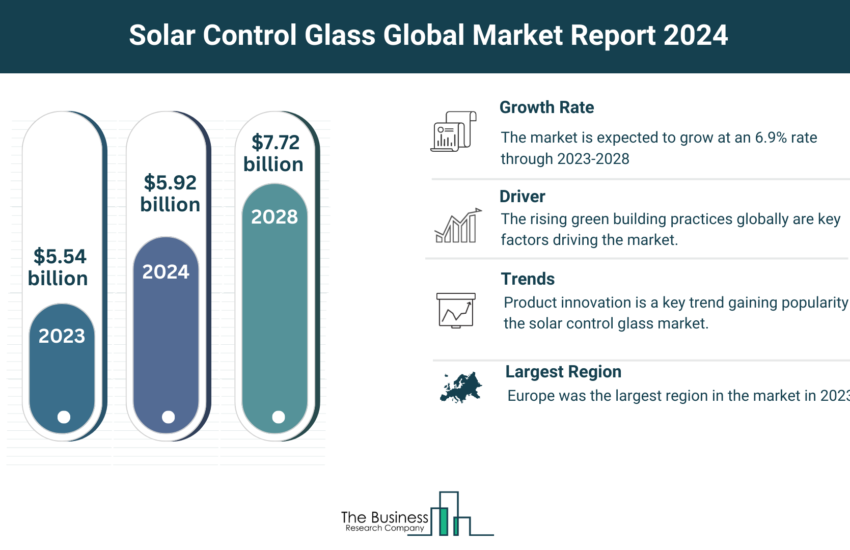Integration Of Industrial Robotics And 3D Printing Technology In The Titanium Alloys And TiO2 Market
Industrial robotics are increasingly being used in companies manufacturing titanium-based products including titanium alloys and ultrafine titanium dioxide. Industrial robotics are aiding companies in reducing labor costs, improving workplace safety, and driving productivity and efficiency. Industrial robots have widespread applications in the metals industry, performing tasks such as material handling, arc welding, spot welding, cutting, and press tending. According to a KPMG report, 42% executives of global metals companies are willing to invest significantly in robotics. Examples of major companies offering industrial robots to metals companies include FANUC, KUKA, ABB, and Motoman.
Titanium alloy companies are also increasingly using additive manufacturing technologies to reduce production costs and improve efficiencies. Additive manufacturing is a 3D printing technology used to manufacture the final product by stacking layers of material. Increased investment in additive manufacturing technology is further leading to process improvements. This allows companies to lower productions costs as it reduces subcomponents and the need for joining, welding and assembling. Major companies using additive manufacturing for producing titanium alloy products include Norsk Titanium AS and Spartacus3D.
The global titanium alloys and ultrafine titanium dioxide market is expected to grow from $2.7 billion in 2018 to $3.2 billion in 2023 at an annual growth rate of 3.5%. The titanium alloys and ultrafine titanium dioxide market is expected to benefit from technological advances such as the development of low-cost alloys, additive manufacturing, implementation of IoT and industrial robotics, and developments in manufacturing processes.

Titanium alloy companies are increasingly adopting latest technological advances to improve efficiency and reduce costs. Other examples of such technologies include the use of high-pressure coolants and cryogenic cooling for machining titanium alloys. Wear and tear of tools used for machining titanium-based products is high due to factors such as high heat stress, high pressure loads and residual stress. These technologies are aiding companies in increasing the durability of machining tools, thereby reducing the frequency of tool replacement.
The global market for titanium alloys and ultrafine titanium dioxide is concentrated with a few large players dominating the market. Major players in the market are Titanium Metals Corporation, National Industrialization Company (Tasnee), Allegheny Technologies Incorporated, Nippon Steel & Sumitomo Metal Corporation, Kronos Worldwide, Inc. and others. Companies in the market have been investing in merger and acquisition activity to strengthen and expand their businesses. Tasnee’s growth strategy aims at expanding its titanium business through acquisitions. For instance, in September 2014, the company increased 13% stake in titanium dioxide producer, Cristal, by investing SAR 1.8 billion ($480 million). Tasnee previously owned a majority stake of 66% in Cristal, while Gulf Investment holds the remaining interest.



